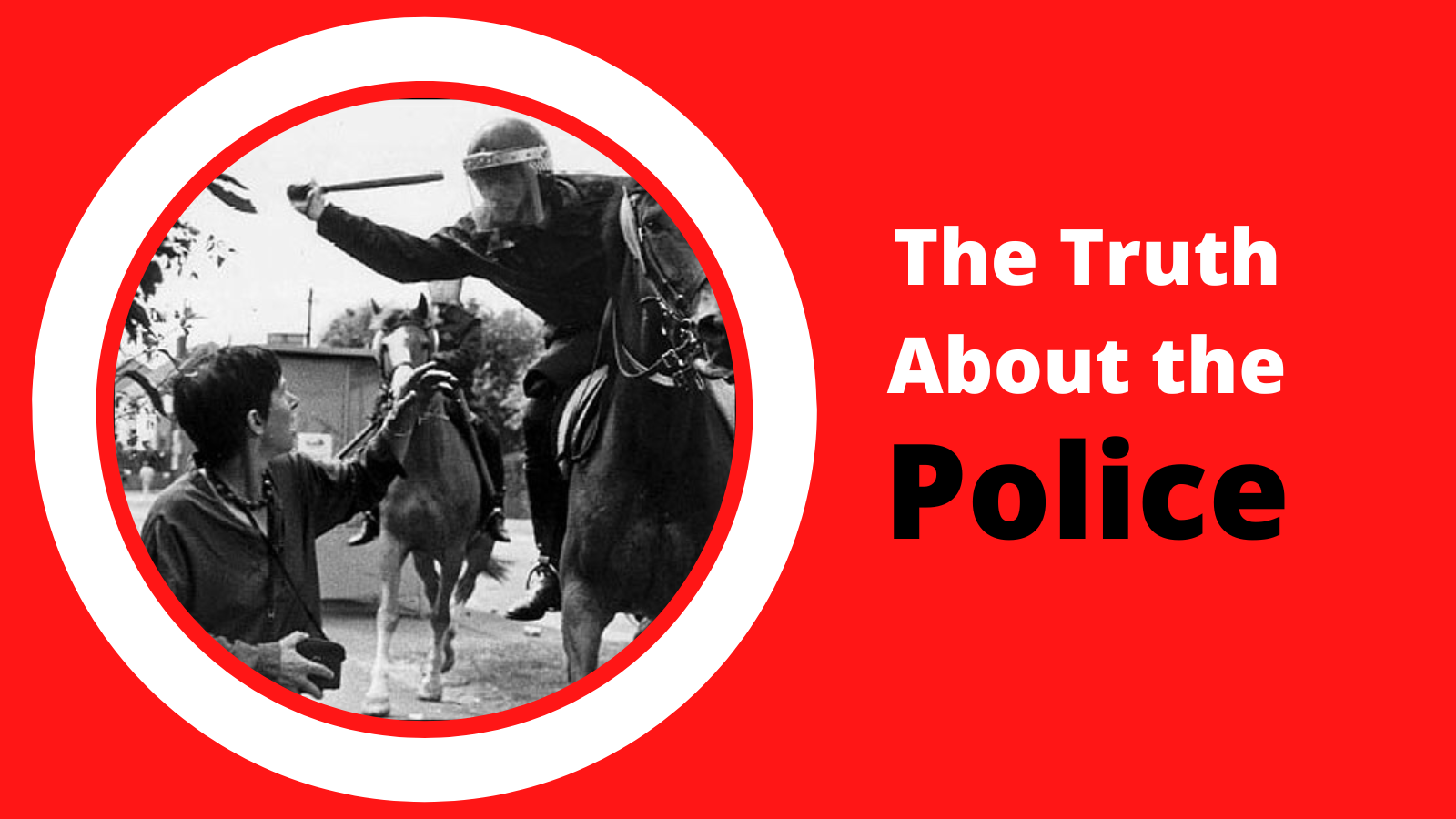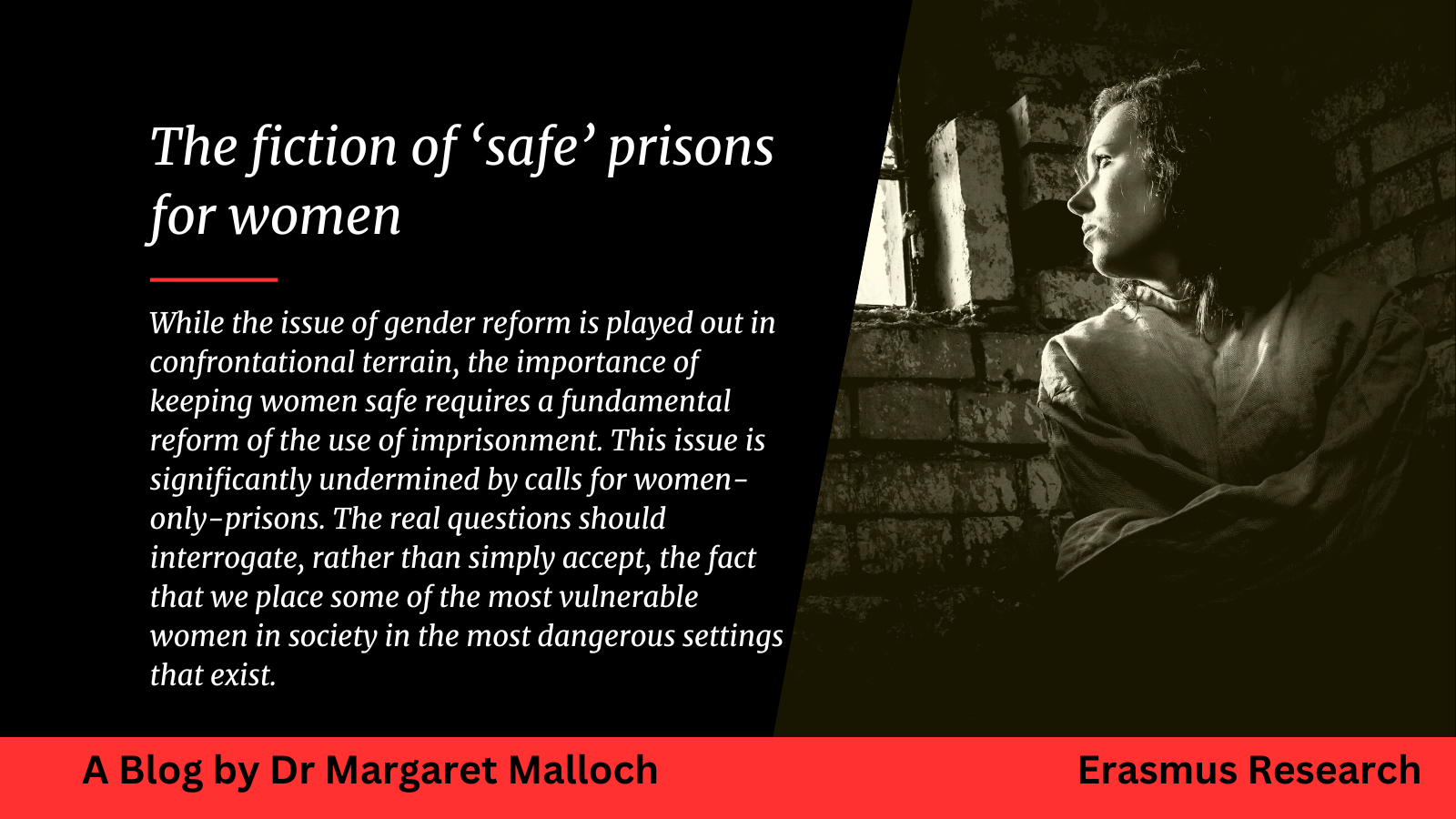Rishi Sunak has appointed a Minister for Common Sense, in the form of ‘plain-speaking northerner’, Esther McVey, former GB News presenter and vociferous anti-woke campaigner. This is a position without portfolio, and a number of commentators have dismissed the role as a joke position, created to appease the far right of the party. To simply dismiss this new role is to ignore both the practical and ideological nature of the appointment. The first is easy to explain. Esther McVey will wage a veritable war on liberal-minded civil servants and slash the number of diversity officers within its ranks. Although it can be said, theoretically, that civil servants must be able to work with any government and any political party, the government has made it clear that it cannot work with some civil servants. The second, ideological function of the role is slightly more tricky to explain in concise terms.
First, we need to define what is meant by common sense?
The Wikipedia definition is as follows – “Common sense is sound, practical judgement concerning everyday matters, or a basic ability to perceive, understand, and judge in a manner that is shared by (i.e., “common to”) nearly all people”.
From a sociological perspective there are a few problems with this. Firstly, this definition obfuscates the fact that the common sense or universal view (what most people think) is always a particular view, universalised. This is one of the cornerstones of political power – to make the particular interests of the ruling or dominant group, appear (and become accepted) as if they are the universal interests of everyone.
In the German Ideology written in 1845, Marx famously said that, in every epoch, the ruling ideas, are always the ideas of the ruling class. This is because, in every society, the dominant class have a monopoly over the machinery of power. Having succeeded in the various political struggles, the dominant class is one that has secured, for themselves, the monopoly over the legitimate right to make the world through winning the monopoly over the legitimate right to name the world, to say what it is and what should be done about it. It can be said that the world is not only socially constructed, it is socially constructed by those who have appropriated the machinery of state enabling them to have their ‘values’, their beliefs, their world view, normalised through the education system, the law, the media, culture and politics. This process ensures that their vision of the world comes to be accepted by (almost) everyone. It is normalised, to the extent that the views of the dominant class become accepted, without question, as the ‘natural and necessary’ way things are, the way they should be, in the sense that they simply could not be otherwise.
And this is one of the biggest and most important aspects of social domination. Plato called it Doxa, a concept that has been refined by modern thinkers to mean the unconscious acceptance of ‘common-places’.
The hidden perpetual truth about doxa is – the things that are presented as natural and necessary, are ALWAYS arbitrary and contingent. The things that appear as ‘natural’, i.e., the laws of the land, the economic system, organisational concepts such as managerialism, as well as our traditions, cultures and customs, are never ‘natural’, but rather are always ‘arbitrary’. That is – they could always be otherwise. We could have entirely different laws, an entirely different economic system, an entirely different way of organising our working lives, different traditions etc. The powerful make and enforce the laws, so if you steal from a shop you get arrested and criminalised with the prospect of going to prison. Yet wage theft by almost all UK retailers continues with impunity. Scores of UK men and women are incarcerated for benefit fraud every year, yet large scale tax avoidance by the UKs largest firms and richest individuals is condoned.
The state, that is the institutions of the state that have been appropriated by dominant groups for their own ends, reproduces its ideological domination through its control of the educational curriculum as well as the provision of academic awards and titles. The state appoints judges and prosecutors, BBC (and other state media) executives. It hands out licences, it signs off contracts, it funds projects and it reproduces the social structure through the granting of honours and titles.
Common sense, as Pierre Bourdieu points out, is an entirely political relation, as are the categories of perception (always state categories) that sustain it. Common sense is always on the side of the dominant and is upheld by an entire army of doxosophers, those who serve their own interests, by serving the interests of the powerful.

The imposition of a Minister for Common Sense, a ministry without portfolio (and therefore without legitimate power) is more than a move to appease the right-wing of the Conservative Party. It has other, more nefarious objectives. The Conservative Party has good form when it comes to Trojan Horse politics. The promise to take back control of our borders from an overbearing EU, was successfully used to convince people in England and Wales to vote for Brexit; a move that had many more benefits for tax avoidance than job creation and economic growth. The government’s current obsession with small boat migrants and its determination to push through the Rwanda plans has as its main objective the realisation of a long-held Tory commitment to abandon the nation’s commitments to the European Convention on Human Rights. The government’s ‘culture wars’, particularly the attack on trans rights is being used to pave the way for the eventual dismantling of important provisions of the Equalities Act, eroding everyone’s rights by claiming to maintain ‘safe spaces’ for women and girls.
Similarly, the Minister for Common Sense is a weapon with which ‘woke’ civil servants can be openly attacked, relentlessly, brutally, in the workplace and in public. Indeed, the long-line of right-wing, racist Home Secretaries have made it abundantly clear that liberal-minded civil servants, that is, those who are not willing to further their career objectives by falling in line with the demands of 21st Century Fascism, will be driven out of office. There are none so openly despised by the government than the growing army of equality and diversity officers within its ranks, a number the government promised to reduce by 2025. The attacks will not be limited to civil servants. The modus operandi of the government and the mainstream media will be to call out liberalism in the way that the ‘looney left’ was castigated in the 1980s and 90s. The march towards 21st Century Fascism will sweep aside obstacles represented by the Guardian-reading, tofu-eating wokerati. Liberalism, in the broadest sense, will be demonised and liberals (in the broadest sense,) will be scapegoated just as the rightward tilting of the political landscape recast the left as ‘Reds under the bed’, and the ‘enemy within’.
The role of the scapegoat is important here. It serves as a distraction, deflecting the anger of the precariat downwards, away from those responsible for their precarity, and onto marginalised and demonised groups. It also acts as a justification for the state to redraw the boundaries of its own legitimate authority. The manufacture of dangerous threats that only the state can protect its citizens from, are an important means through which the economically impotent state regains a modicum of its lost legitimacy in a time of perpetual crisis. Terrorists, small boat migrants, criminals, domestic extremists and other threats to the status quo, have been effectively used by the state to impose laws, augment levels of monitoring and surveillance and expand the categories of criminalisation that would simply not be tolerated without the deployment of the scapegoat mechanism. For the state to continue expanding the boundaries of its own authority, interfering and imposing itself on more and more aspects of the day-to-day lives of all of its citizens, the field of scapegoats must also expand.
This crusade against the threat to the status quo from protesters, political and environmental groups, ani-war demonstrators, people calling for equality, justice and an end to poverty and suffering will be led by Esther McVey. It will have nothing to do with common sense. Common sense is taken care of by an entangled assemblage of bureaucratic machinery. The prevailing orthodoxy will, thanks to both the ideological and repressive state apparatus, continue to prevail. It is produced and reproduced by the law and upheld by the police, shaped by the media, ensured by the education system, guaranteed by the policy choices of the entirely career-minded neoliberal political class.

The Minister for Common Sense will, in an entirely Orwellian sense, be responsible for a stream of relentless but isolated outpourings of nothing but nonsense. As Orwell wrote in his book 1984, “The Ministry of Peace concerns itself with war, the Ministry of Truth with lies, the Ministry of Love with torture and the Ministry of Plenty with starvation. These contradictions are not accidental, nor do they result from ordinary hypocrisy: they are deliberate exercises in doublethink”.
In 2024, the role of Esther McVey, as Minister for Common Sense, will be to expound absolute nonsense upon as many public platforms as she can foist herself. That the media will treat the role with irreverence and the fact that McVey (or whoever else holds the post) will be openly mocked and ridiculed will be part of the process of generating ignorance (agnotology). The depressing fact is that her role will have a degree of success in obfuscating the truth, confusing the issues and misinforming the electorate. That the embarrassing efforts of whoever holds the office of the Minister for Common Sense will have a degree of success in both weakening the liberal left while strengthening the grip of the far right, not only reminds us of the appalling state of politics in the UK, it serves as an indictment on the political competence of the British public.







